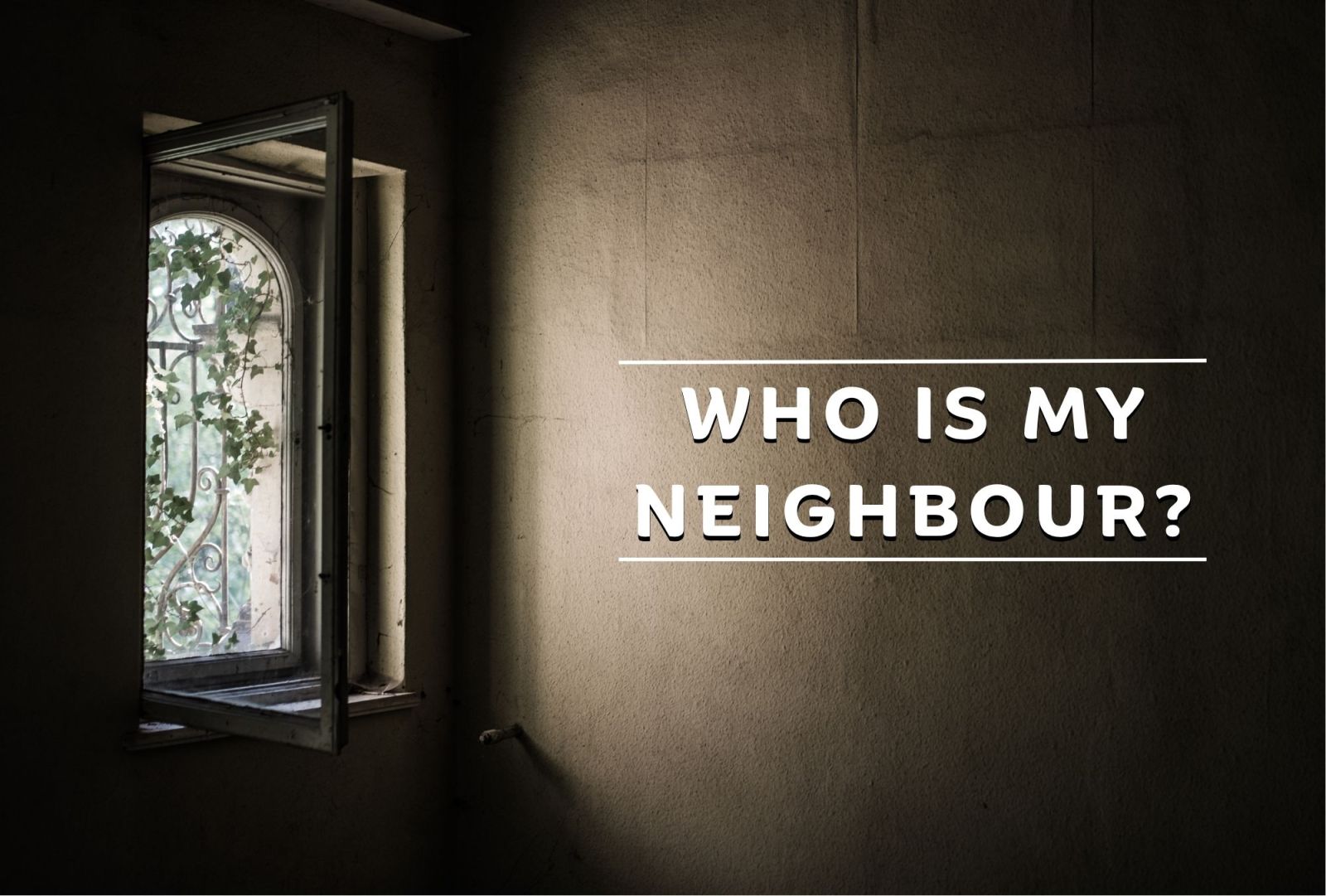 Reflection by Fr Joseph Abutu;
Reflection by Fr Joseph Abutu;
Today’s gospel presents one of Jesus' most beautiful stories in response to the question, "Who is my neighbour?" His response expands the definition of neighbour beyond the traditional idea of someone who lives nearby, speaks the same language, or shares the same ethnic or religious background. It encompasses all fellow human beings.
Jesus encourages us to show mercy and compassion to everyone, particularly those who are suffering. In this story, He teaches us that it's not enough to simply feel sorry for those who are suffering; we must also take action to help them. Our acts of kindness should include everyone without exception.
As we reflect on this story, we must ask ourselves some important questions: How sensitive are we to the needs of those suffering around us, and what steps have we taken to help them? Like the Good Samaritan, are we willing to take risks for the sake of others? Are we ready to treat the wounds of our brothers and sisters?
This gospel challenges us to pour the oil of joy on those with broken hearts, the oil of hope on those in despair, the oil of mercy and compassion on those who need our forgiveness, and the oil of love on those who feel rejected. In this way, we are doing what St Mary Mackillop once said: “Never see a need without doing something about it.”
This is a reminder to those in positions of authority to create policies aimed at making life safer for everyone. Such efforts can significantly help prevent people from becoming victims of the challenges posed by “the brigands” of poverty, hunger, inequality, sickness, domestic violence, and addictions.
Dear friends, in this Jubilee Year of Hope and, in the spirit of Synodality, we are called—individually, as families, communities, and as a nation—to reach out to those who are less fortunate. Let us work together to create a better and safer path through life for everyone, so that all may have life and have it to the fullest (John 10:10).
May God bless you.